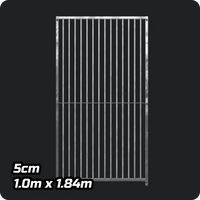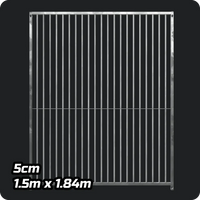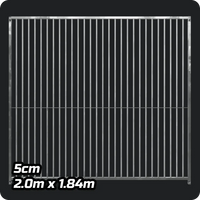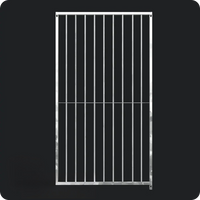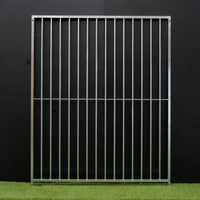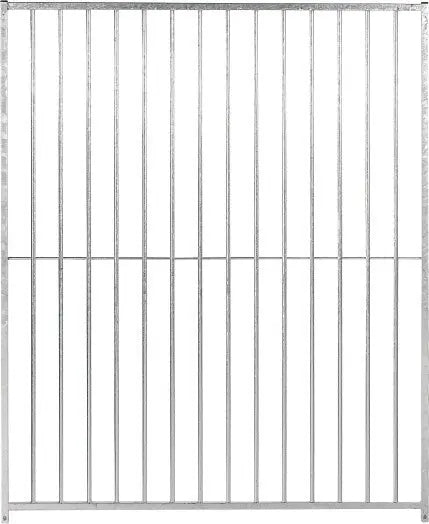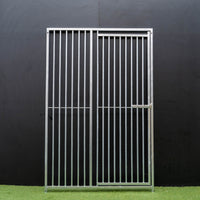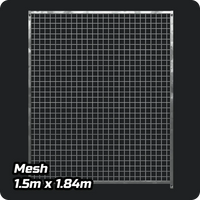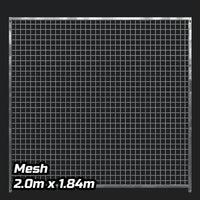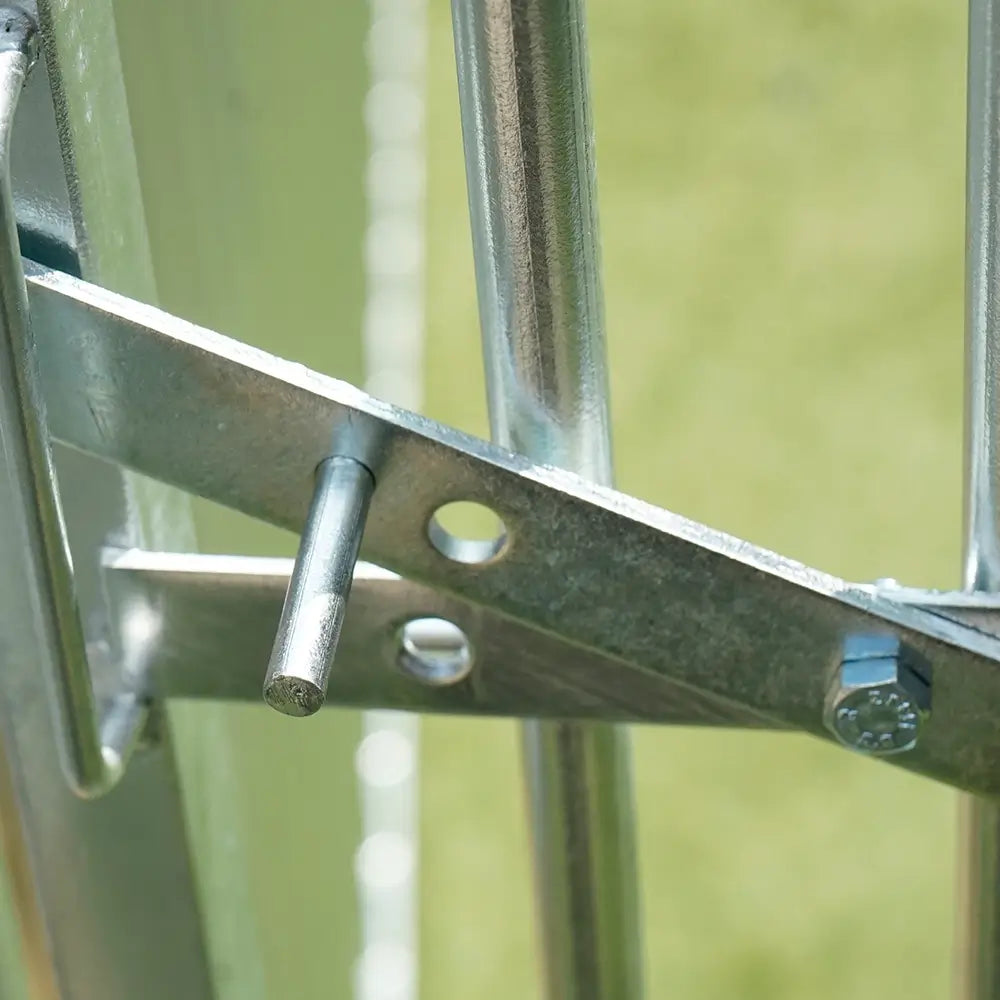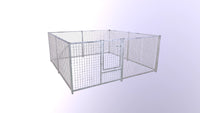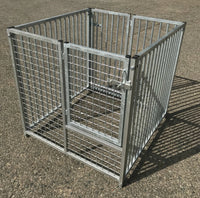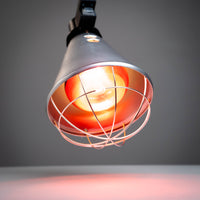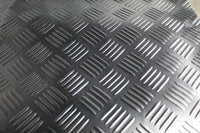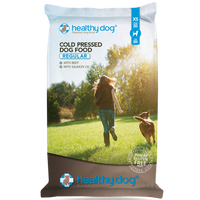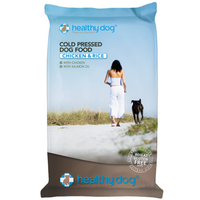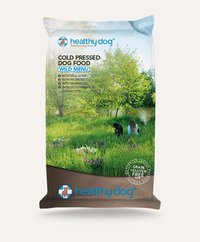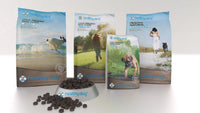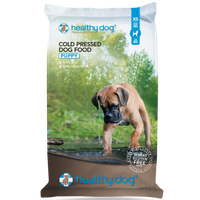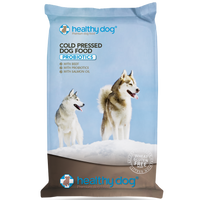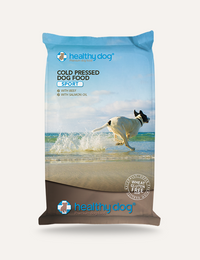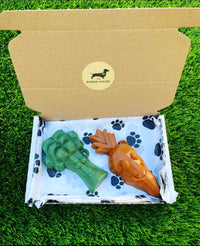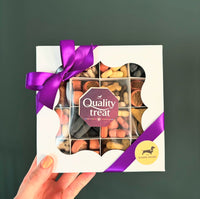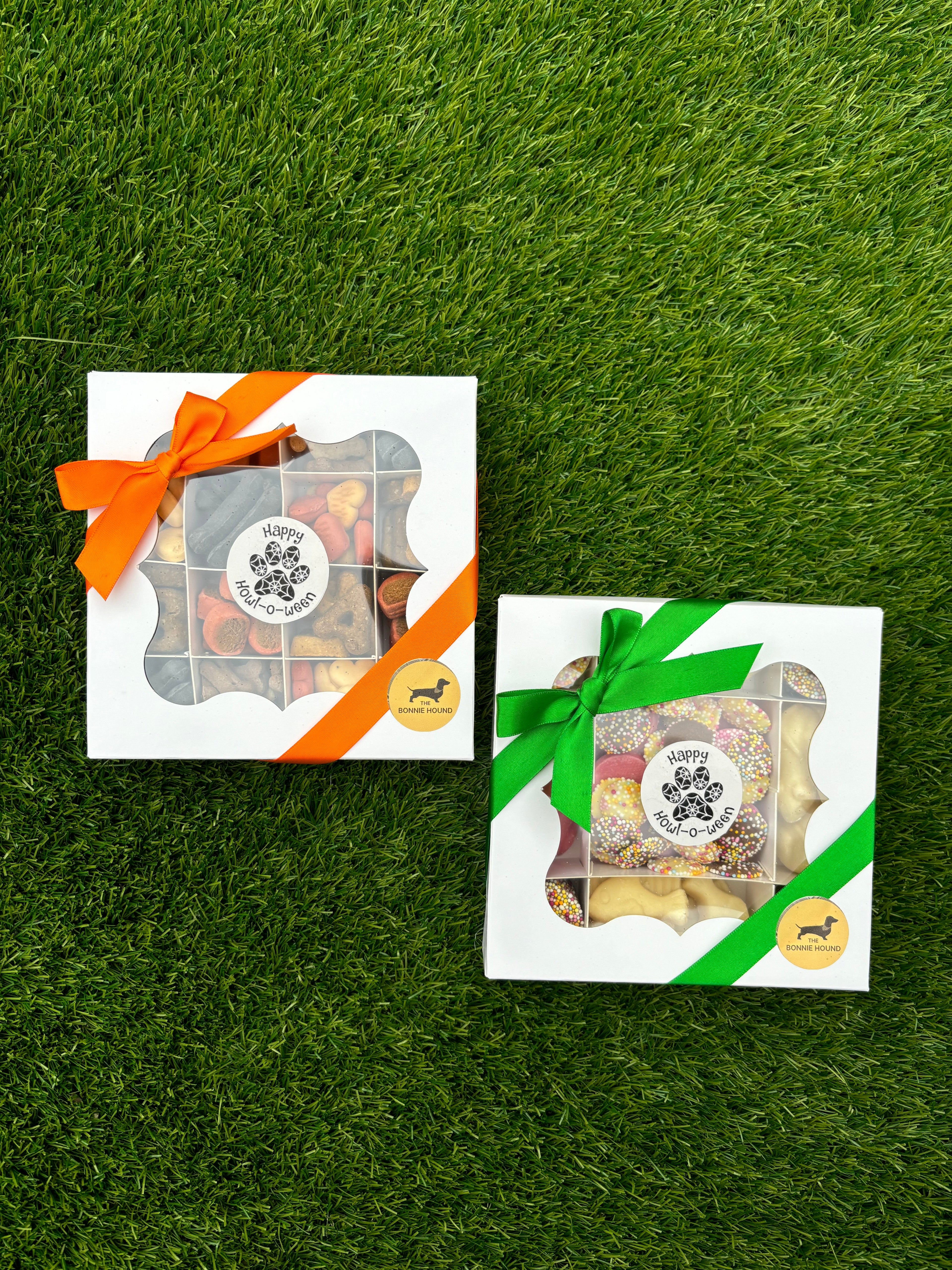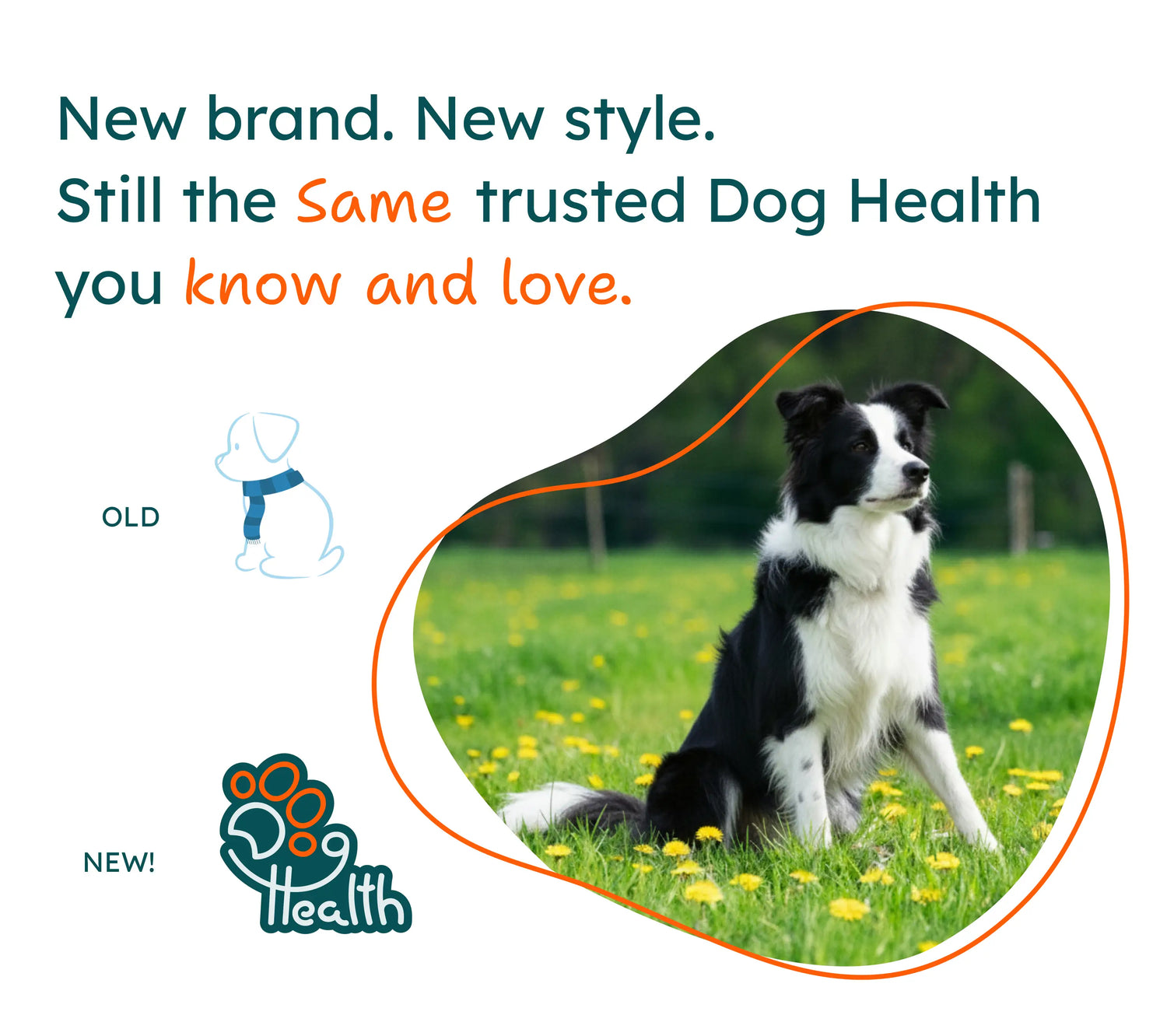
Can Dogs Eat Apples and other human snack foods?
Can Dogs Eat Apples and other human snack foods?
Just like us, dogs enjoy a little variety in their diet -Give your dog healthy meals that taste good and offer something different.
We know our dog will want whatever he sees us eating so we should have a clear idea of what we can and cannot share
You want to know which foods are safe and which ones you should stay away from. So, here’s the ultimate list.
Can Dogs Eat Apples?
Can dogs eat apples? Yes, they can. Apples are a great source of vitamins A and C. Most dogs love the sweet taste and crunchy bite. If you want, core the apples first.
Can Dogs Eat Pumpkin?
Pumpkin and other winter squashes are a good source of fibre and beta-carotene. Fibre helps food move through the GI tract, which helps keep the cells in the stomach and colon healthy. Just give your dog one or two tablespoons each day. Pumpkin is also good for both diarrhoea and constipation. And pumpkin seeds are a great natural de-wormer!
Can Dogs Eat Eggs?
Eggs are a good source of protein, iron, fatty acids and selenium. If your dog has some digestive upset, he may be able to tolerate cooked eggs to get protein while he’s not feeling so good.
Once eggs are cooked, the benefits they provide are cooked down too. Cooking eggs reduces and denatures the nutrients, so serve them up raw.
Can Dogs Eat Fish?
It depends on the fish.
Fish can be a good source of omega-3 fatty acids. As with humans, omega-3s support the immune system and are beneficial to skin health.
But many fish are also high in mercury, heavy metals and other toxins. There are reports that Pacific fish (such as Pacific salmon) are beginning to show signs of radiation from Fukushima, so it’s best to avoid them.
Bigger fish will have more toxins in their bodies than the plant-eating fish at the bottom of the food chain.
- Good fish – small ones like sardines, anchovies or mackerel
- Bad fish – high-level predators that live longer like tuna, pike and king mackerel
Can Dogs Eat Berries?
Berries do have natural sugar in them and high amounts of dietary fibre, which can be hard to digest. Some dogs will even eat cranberries. Blackberries and raspberries are other summer berries that your dog might enjoy. . Avoid grapes as they are toxic!
On that same note, avoid any pits or large seeds in fruits like peaches or nectarines. The flesh is good, but not the pits.
Can Dogs Eat Peanut Butter?
Absolutely not! Peanuts contain aflatoxins, which are carcinogenic and bad for the liverMost peanut butter has added sugar. Sugar can lead to diabetes, obesity and heart disease
The fats are not balanced. One cup of peanuts contains 35578 mg of omega-6 fatty acids and only 196 mg of omega-3 fats. When these aren’t balanced in your dog’s body, inflammation may be the result.
Peanut butter can also contain xylitol. This sugar substitute is highly toxic to dogs, even in small amounts.
Can Dogs Eat Green Beans?
Green beans contain fibre, vitamins K and C and manganese. Vitamin K helps with blood health, ensuring that the blood will clot if your dog gets an injury.
Frozen green beans can be a real treat. As with apples, look for organic green beans to avoid the added toxins from pesticides.
Can Dogs Eat Garlic?
Dogs can eat garlic in moderation.. Garlic is valued for its antibacterial, immuno-stimulant, anti-cancer, nutritive, antioxidant, expectorant, hypotensive, anti-tumour, anti-viral, anti-fungal and tonic qualities.
Make sure you use fresh, raw garlic. Finely chop or crush the garlic clove, then wait a few minutes before adding it to your dog’s food.
Here are some guidelines for daily feeding.
- 10 to 15 pounds – half a clove
- 20 to 40 pounds – 1 clove
- 45 to 70 pounds – 2 cloves
- 75+ pounds – 2 and a half cloves
Can Dogs Eat Dairy Products?
Dogs can have milk products, but some dogs don’t digest milk well.
Lactose-intolerance is common in some breeds. As an alternative, look for goat milk. Raw is best since it won’t be processed.
Dogs who aren’t lactose-intolerant can eat cheese in smaller quantities.
Yogurt can be better tolerated by dogs. It’s a good source of calcium and protein. Choose a yogurt with active bacteria, no added sugars or sweeteners.
Freeze unsweetened yogurt for a special treat, rather than giving your dog ice cream. The sugar and fat content in ice cream isn’t good for dogs.
Can Dogs Eat Sweet Potatoes?
You can find sweet potatoes in lots of dog treats and dogs tend to really like them. The problem is, sweet potatoes are starchy carbs and carbs equal sugar.
These have a higher glycemic index that will spike blood sugar in the dog eating them .
They can also cause a growth of bad bacteria and yeast in your dog’s gut which leads to itching.
Can Dogs Eat Carrots?
Fresh, crunchy carrots are good for your dog’s teeth and are low in calories, high in fibre and contain many vitamins.
Give your dog fresh, raw carrots. Just note that dogs don’t digest raw carrots very well so you’ll often see them come out just as they went in. You can also boil them lightly and serve cooked. It’s also not a bad idea to cut the carrots into bite-sized pieces.
Can Dogs Eat Bones?
Yep – as long as they’re raw. And not only can dogs eat bones, they should eat them. Raw bones are full of calcium, something your dog needs in his diet. Ripping and chewing on bones is a great muscle-building activity.
Bones are also really good natural teeth cleaners. Chewing on raw bones removes plaque and tartar from your dog’s teeth and freshens his breath.
Can Dogs Eat melon?
The fruit of the watermelon is safe for dogs. Don’t give your dog the rind or seeds, which can cause choking. Watermelon is packed with vitamin A and C, plus it’s very refreshing.
It’s also low in calories. Cantaloupe and honeydew melon are also good. Again, because of the sugar, feed in moderation. The same goes for mango and pineapple.
Share
